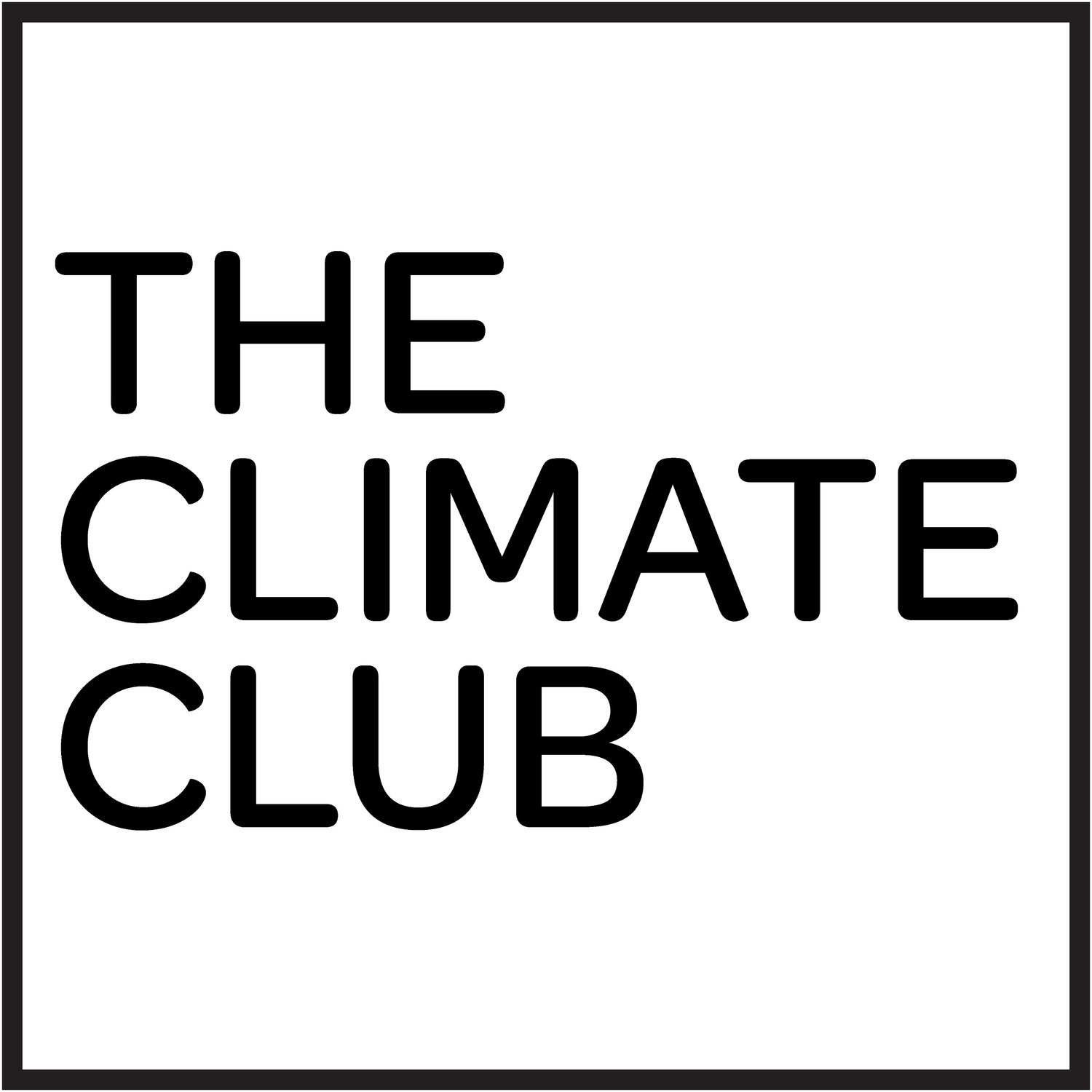A Giant Awakens: The Mauna Loa Eruption
The Mauna Loa volcano on the Big Island of Hawaii erupted around midnight on Sunday, November 27th for the first time in 38 years. The once-sleeping giant is the largest active volcano in the world, covering over half of the island with an area of over 1,900 square miles.
COP27 - Loss and Damage Funding for Climate Vulnerable Countries
On November 20th, 2022 at the 27th Conference of the Parties (COP27), it was announced that a loss and damage fund will be utilized for countries at the forefront of the climate crisis. But what does this mean, and is this fund a truly “ground-breaking decision?”
Combatting Air Pollution to Reduce Preventable Stillbirths
Stillbirths are a “neglected tragedy,” with one occurring every 16 seconds worldwide on average. A recent Nature Communications article suggests that almost one million stillbirths are associated with air pollution every year, reiterating the globally pervasive consequences that the climate crisis has on health.
Day of 8 Billion Shines Light on Sustainable Development Concerns
On November 15, 2022, the global population reached 8 billion people. While reaching this landmark is associated with improved public health, nutrition, and medicine, there remains concern that the growing population exacerbates vulnerability to the climate crisis, and threatens sustainable development.
Government Alone Can’t Save the Planet
Can we expect governments, more capable and with greater means, but slow-moving and subject to changing agendas, to increase investment sufficiently in the next 30 years? Or are there other potentially untapped means of climate action available?
Children’s Mental Health
Mental health has become more acknowledged over the years as depression and anxiety rates are on the rise. While adults are able to process their emotions and thoughts with structured guidance via therapy or counseling, there is still a gap within healthcare when we look at children’s mental health.
Polio: An Old Scourge in a Changing Environment
Polio, an extraordinarily infectious disease with a long history tracing back to ancient Egypt over three millennia ago, is spread by contact with feces, sneezes, or coughs – has been noted for its ability to cause paralysis.







